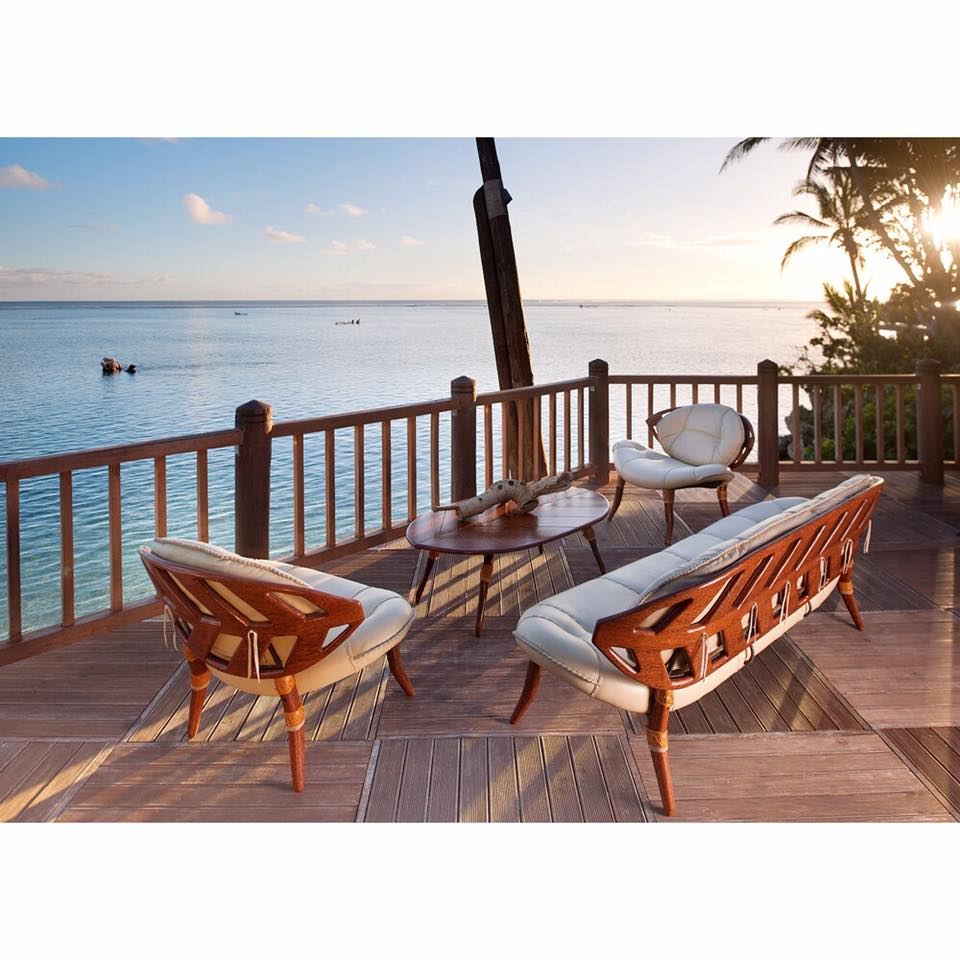Declining sales, ongoing mass migration and increases in costs impacted palmwood manufacturers Pacific Green Industries (Fiji) Ltd’s (PGI) sales and profitability for the first six months this year.
The company experienced a shift from a profit of $145,548 in the first six months of 2024 to a loss of $120,603 for the same period this year.
While the company noted the reversal as a reflection of the pressures of a volatile environment, it stated it reinforced the importance of its long-term strategy and the investments it continued to make in strengthening its foundation.
PGI chairman Ravin Chandra said they had expected the outcome because their exports and online marketing activities had been “compromised”, mass migration had diluted their customer base, and global instability was impacting the overall business environment and contributed to the slowdown in demand.
“The major increase in costs has been in labour expenses,” Mr Chandra said.
“We continue to face challenges with both skill levels and productivity.
“While costs are rising, productivity and efficiency are trending downward, creating additional pressure on margins.”
He said the company was also experiencing the global impact of rising raw material costs, which had continued to increase across the board, a trend that was reflective of the wider global environment.
Mr Chandra said initiatives implemented to mitigate those challenges and position the company for future growths, include labour productivity, process improvement, cost management, strategic workforce planning, export market repositioning, digital marketing recovery, customer base retention, and operational resilience.
“These initiatives are aimed at mitigating rising costs, improving productivity, and ensuring sustainable competitiveness in a challenging environment,” Mr Chandra said.
“While the current environment remains difficult, management is confident that these steps will stabilise performance in the short term and position the company for sustainable growth once market conditions improve.”
For the half year ended June 30 this year, he said the company demonstrated resilience amid challenging market conditions, successfully improving cash flow from operations compared to prior corresponding period.
He added although the company reported a net loss of $120,603, this result highlighted ongoing investments and strategic initiatives aimed at strengthening the company’s loong-term growth prospects.
Meanwhile, the company maintained a strong balance sheet with total assets of $8.31m and net assets of $6.69m, providing a solid foundation for future expansion.
Mr Chandra said the retention of cash assets at substantial amount and prudent management of liabilities underscored their commitment to financial stability.
“We also emphasise that Government and institutional stakeholders should place greater preference on locally made furniture over imported alternatives.
“Supporting local production not only creates jobs and strengthens communities but also contributes to building and sustaining the national economy.”
—
Note: This article was first published under the headline: “Low sales and mass migration impacts palmwood furniture maker” in Page14 of the print version of The Fiji Times dated Monday September 1, 2025



